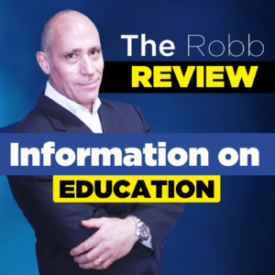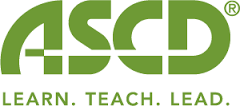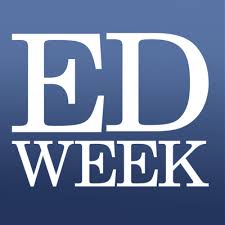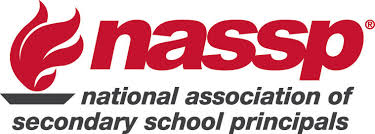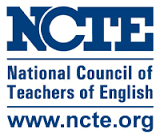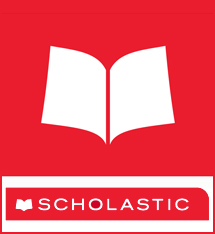Help teachers understand that meaningful student-talk can lead to analytical writing about texts by having them read professional articles and study professional books. A great starting place is to have groups of teachers read and discuss Writing to Read by Graham and Hebert. My recommendation is that teachers focus on writing about reading for one unit of study so that students’ develop fluency with talking, thinking, and writing about their reading. In addition, students can debrief the benefits and pitfalls of writing about reading.
Invite one to two teachers from science, social studies, or language arts to share what’s working in their classes. Ask them to bring sample lessons and students work so teachers learn from each other. Encourage teachers who are reluctant o turn more of the talk and learning over to students to observe teachers whose classes are rich in interpretive talk and active-learning.
Focus your walkthroughs on observing the kinds of talk students engage in as well as the writing that follows. Offer teachers choice when studying a professional book which means that you might have three to four book study groups running at the same time. Teachers should read a book that meets their individual needs. If possible, I urge you to join a study group and model ongoing learning.
Here is a list of professional books that can support your teachers:
- Teaching Reading in Middle School: A Strategic Approach to Teaching Reading That Improves Comprehension and Thinking, 2nd edition, by Laura Robb, Scholastic, 2010.
- Teaching Middle School Writers: What Every English Teacher Should Know by Laura Robb, Heinemann, 2010.
- SMART WRITING: Practical Units for Teaching Middle School Writers by Laura Robb, Heinemann, 2012.
- Choice Words: How Our Language Affects Children’s Learning by Peter H. Johnston, Stenhouse, 2004.
Evan Robb, Principal Johnson Williams Middle School and author of: The Principal’s Leadership Sourcebook, Scholastic, 2007.
![]()







